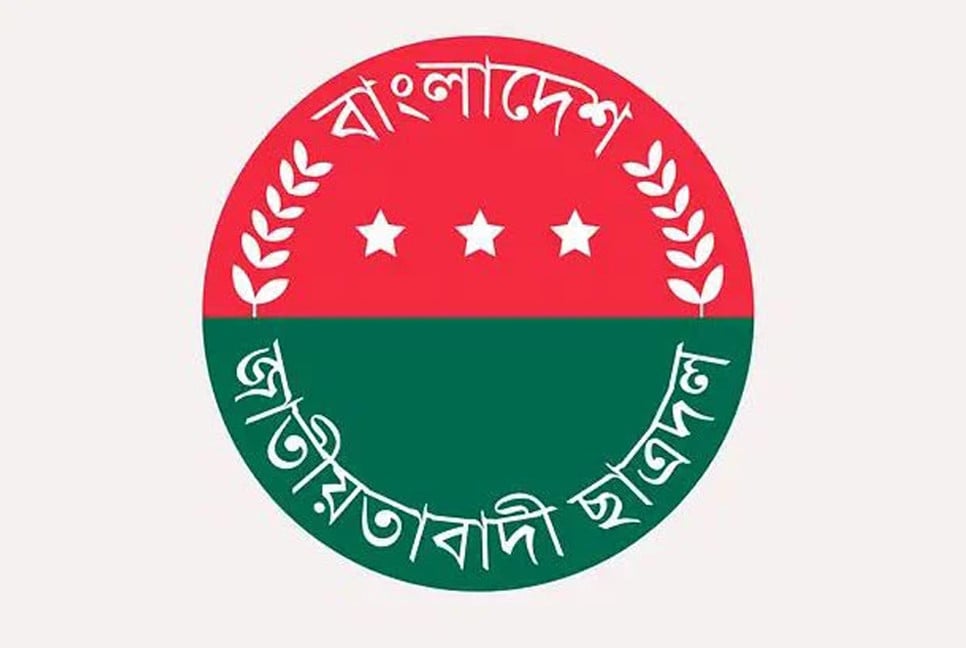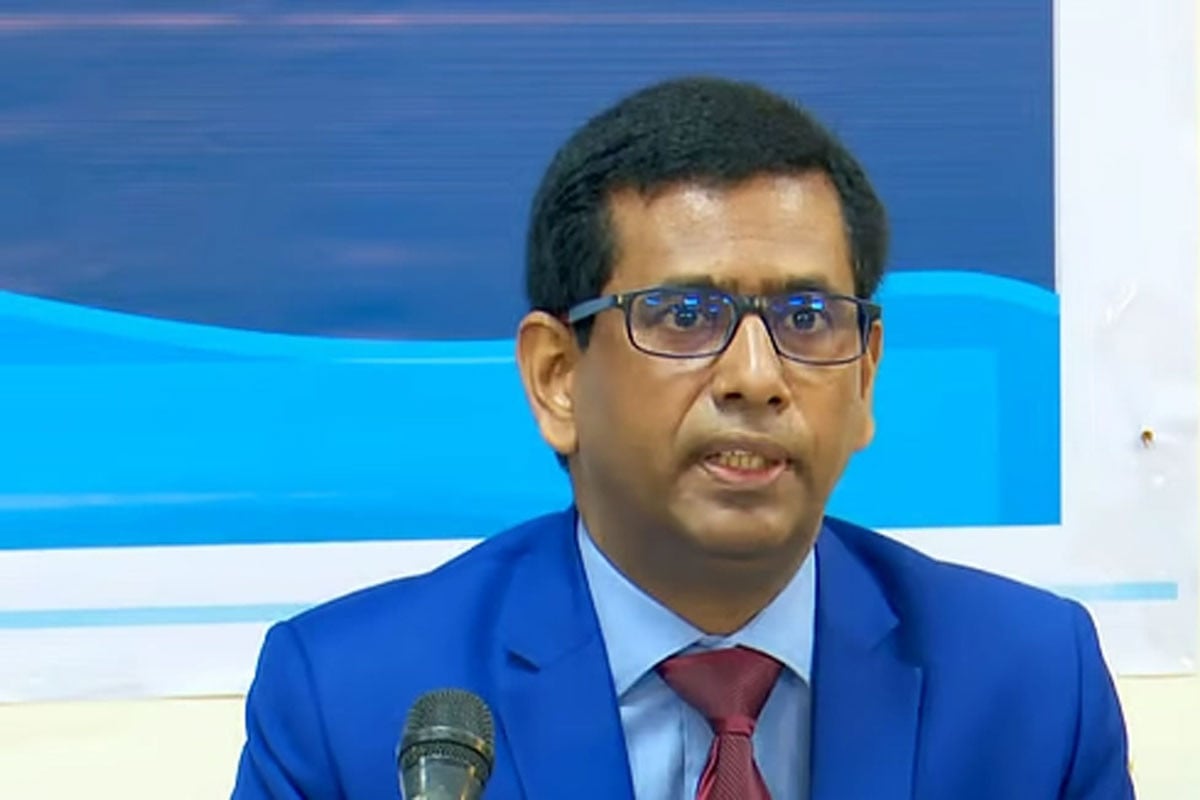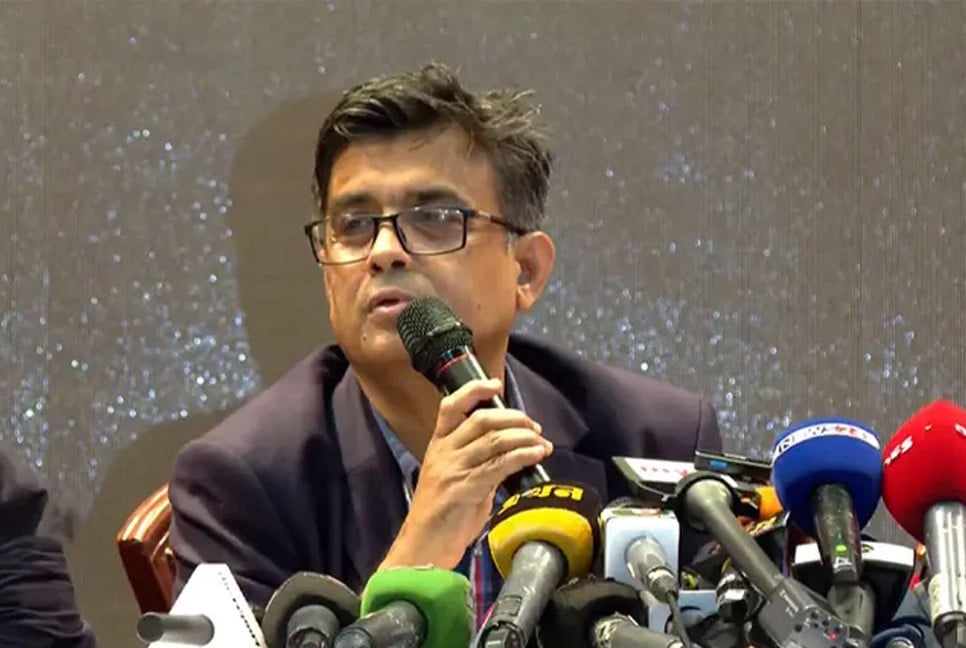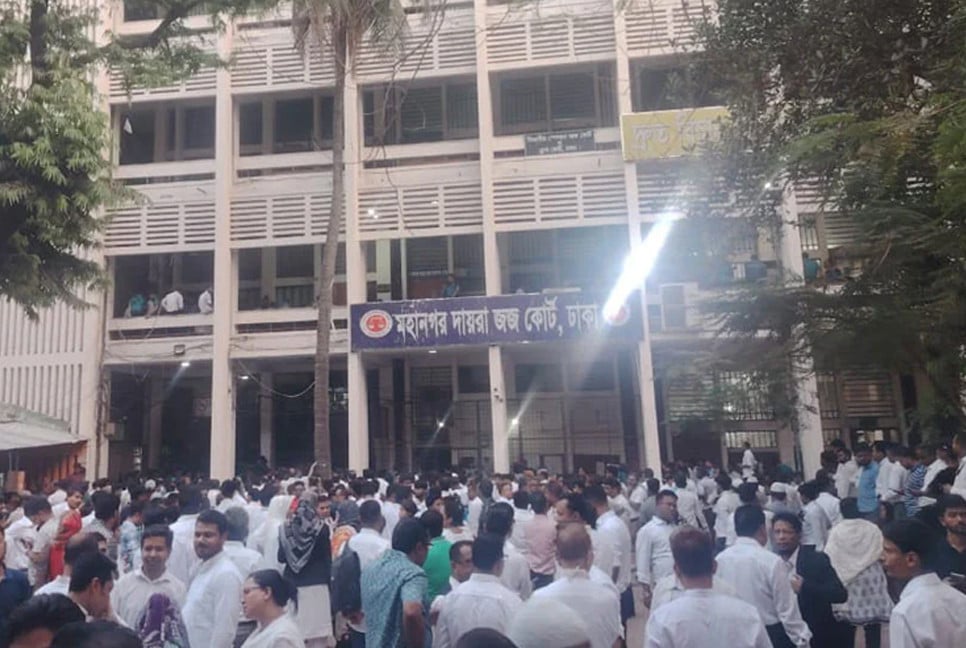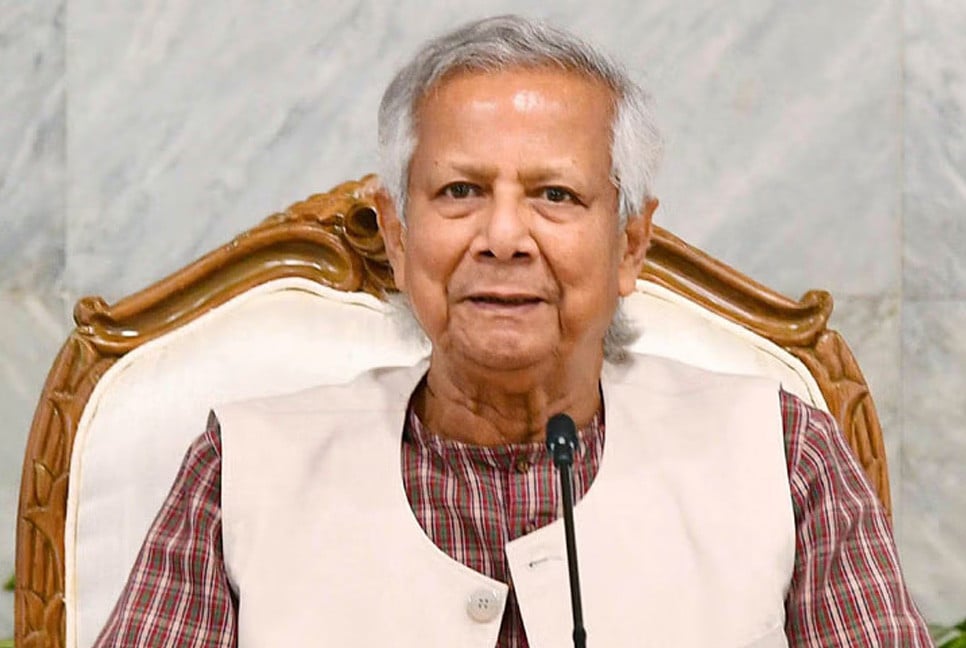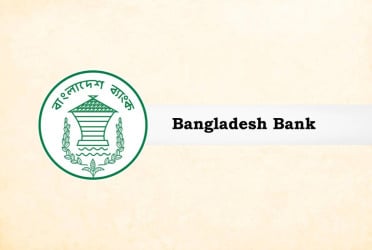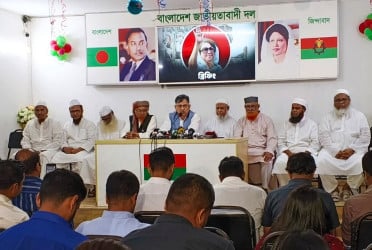Rumor Scanner, a fact-checking organization in Bangladesh, identified 298 instances of misinformation circulating on the internet in March on 2025.
Previously, in January and February, it identified 271 and 268 instances of misinformation, respectively, said a report of Rumor Scanner released on Wednesday.
According to the data calculated from the fact-checks published on Rumor Scanner's website in March, the highest number of misinformation cases were related to political issues (105), accounting for 35 percent of the total misinformation.
Additionally, 103 cases were related to national issues, 12 to international issues, 36 to religious issues, 3 to entertainment and literature, 3 to education, 12 to fraud, and 16 to sports.
Among these incidents, video-centric misinformation was the most prevalent, with 143 cases.
Information-centric misinformation accounted for 110 cases, and image-centric misinformation for 45 cases. Of the identified misinformation, 168 cases were classified as false, 97 as misleading, and 31 as distorted, the report said.
Last month, Facebook was the platform where the most false information was spread, with a total of 273 cases.
In addition, 62 cases were found on X, seven on TikTok, 44 on YouTube, 26 on Instagram, and at least five on Threads.
Even the country's media outlets were not excluded from the spread of false information. Rumor Scanner observed the spread of false information in 16 instances across multiple local media outlets.
Since last year, there has been an increase in the spread of false information involving Bangladesh by Indian media and various social media accounts operated from India.
Rumor Scanner observed this trend continuing in March as well. In March, four incidents involving Bangladesh were reported in Indian media outlets spreading misinformation.
Additionally, in three incidents, false information related to Bangladesh was spread through Indian accounts and pages on social media.
The issue of communal misinformation has been a topic of discussion for the past few months. In March, Rumor Scanner identified 26 instances of communal misinformation.
In half of these incidents, evidence was found of misinformation being spread from Indian accounts and pages on social media.
According to Rumor Scanner's observations, last month, 15 instances of false information were spread regarding the current interim government.
To understand the nature of these falsehoods, Rumor Scanner has categorized them into two groups: those that support the government (positive) and those that go against it (negative). The findings showed that all the misinformation in this context tended to go against the government.
In March, 22 instances of false information were spread about the interim government's chief advisor, Dr. Muhammad Yunus. In 77pc of these cases, the misinformation was intended to turn public opinion against him, while in 23pc of cases, the misinformation seemed to support him, according to the report.
Among the government advisers, two instances of false information involving Asif Mahmud Shojib Bhuyian (all against him), one involving Syeda Rizwana Hasan (against her), four involving Dr. Asif Nazrul (all against him), two involving Dr. Salehuddin Ahmed (all against him), one involving Md. Touhid Hossain (against him), and one involving the press secretary of the Chief Advisor, Shafiqul Alam (against him), have been identified.
The students who led the July mass uprising have recently formed a new political party called the National Citizen Party.
Two instances of false information (both against the party) involving the new party were identified last month. The top position of the party, the convener, is held by Nahid Islam.
Four instances of false information (all against him) involving Nahid Islam were spread last month. Additionally, six instances of false information (all against him) involving the party's leader, Hasnat Abdullah, were identified; three instances (all against him) involving Sarjis Alam; four instances (all against him) involving Tasnim Zara; one instance (against her) involving Humaira Noor; and one instance (against him) involving Abdul Hannan Masud.
The state forces have not been spared from the wrath of false information either.
Rumor Scanner identified 23 instances of misinformation related to the Bangladesh Army, including seven specifically involving Chief of Army Staff General Waker-Uz-Zaman.
Additionally, three instances of false information regarding the Bangladesh Police were identified.Furthermore, there was one instance of false information involving the Rapid Action Battalion (RAB) and one involving the Border Guard Bangladesh (BGB) in March.
The Students Against Discrimination, which played a leading role from the quota reform movement to the fall of the government, was subjected to three instances of disinformation in March.
During this period, Rumor Scanner identified one instance of misinformation involving the spokesperson of the organization, Umama Fatema.
Analysing the false information from last month, Rumor Scanner found that, in the context of various well-known individuals and events, 17 rumors about deaths were spread.
In March, nine instances of fake content generated using artificial intelligence were identified. At the same time, five deepfake videos were also identified.
In March, there was a significant increase in the spread of news, information, images, and videos related to rape on the internet. The human rights organization, Manabadhikar Shongskriti Foundation (MSF), claimed in its March human rights report that the number of rapes in the country in March was more than double compared to February.
As a result, there was an opportunity to spread misinformation, causing public concern. In this context, Rumor Scanner identified at least 27 instances of false information related to rape last month. Among these, the incident of an eight-year-old child being raped in Magura was the subject of eight false reports.
Last month, the Muslim community in the country observed Ramadan and Eid. A total of 16 false reports were identified related to Ramadan, and six false reports related to Eid.
In the last month, 45 false information pieces were disseminated involving 39 domestic and foreign media outlets in 38 incidents using media names, logos, headlines, and fake or forged photocards.
Source: BSS
Bd-pratidin English/ Afia


